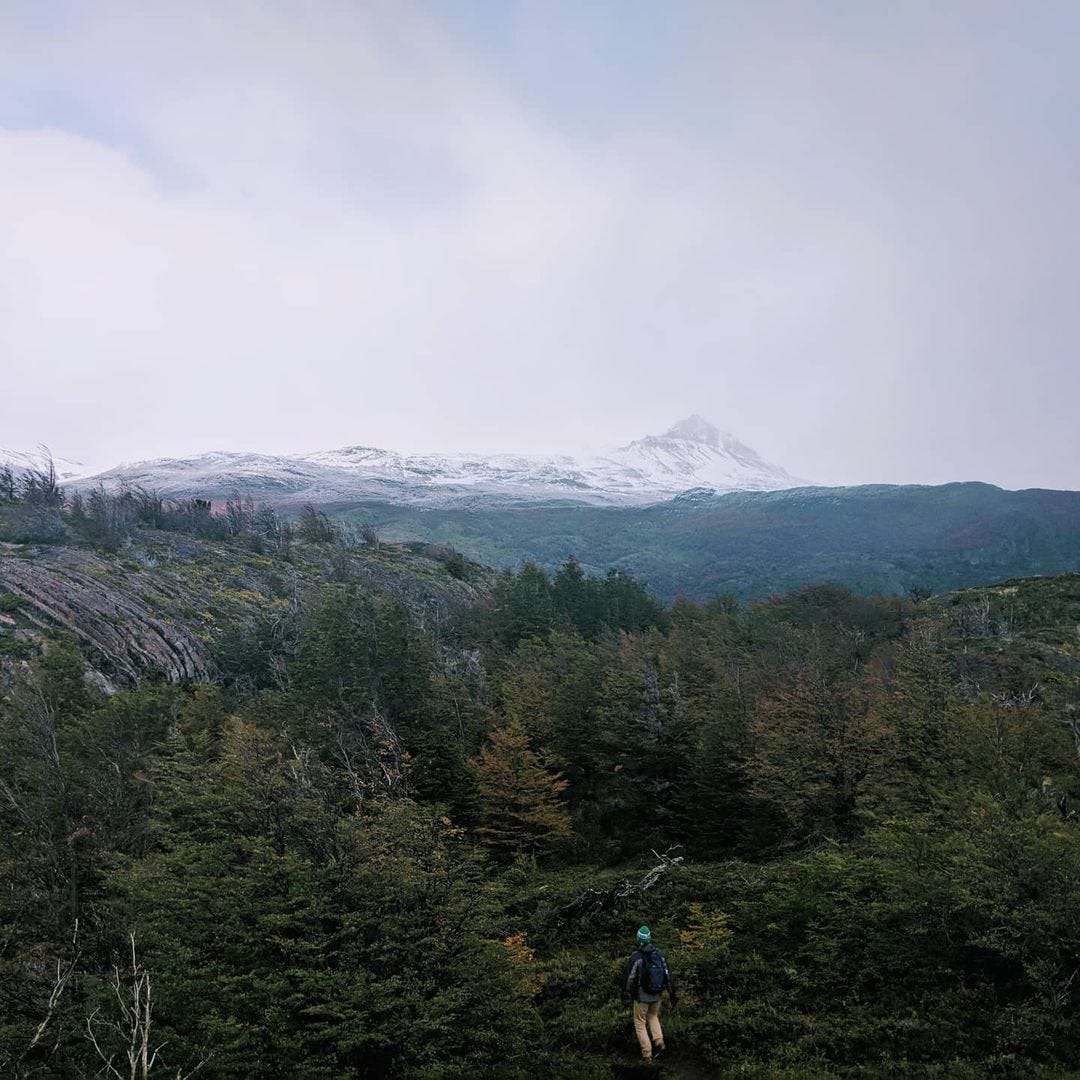The Widening Gyre
the physical promise of language
I keep coming back to this Thresholds interview with Natalie Diaz, where she tells Jordan: “I think language is very much capable because—or if—the body follows it. […] Isn’t that the commitment or promise we’re making is that the language I’m showing you is in some way the promise of my body arriving to be in conversation with you. ”
I’m captivated by this physical promise of language and how it shatters what I know about separation and isolation and makes me question what I think I know about the intimacy and value of friendship. If language can be a corporeal commitment, then I believe the voice can be a blueprint or a guiding light to the soul.
Living in constant crisis causes us to feel overwhelmed, shut down, and turn-inwards, which I think is a type of default spiritual conservatism. But if we stop, for a moment, and pay real focused attention, we’ll almost be blindsided by the realization that the crises, struggles, and grief we (and others) are facing are structural. And they can only be addressed structurally and collectively.
To some extent, every conversation I have these days is an attempt to embrace both perspectives—the day-to-day life of the lonely and grieving and the constant-state-of-emergency everybody is living through. The crisis of sustained grief and ambiguous loss is hard to fathom because it’s still happening. Trying to find different structures and narratives to bridge the day-to-day emergencies, the monotony of emergencies, is a fundamental challenge for me, perhaps even a calling.
I think what language does, what it’s called to right now - for me at least is the promise of a physically safe encounter with what’s most vulnerable in others. Hardly anyone gets that in their day-to-day life. Some healing can only happen within the practice of ritual and belonging, where the neglected, repressed parts of us aren’t just invited to speak - but they’re recognized and treated with care.
Crises can reveal that our everyday lives were already disasters of alienation, meaninglessness, and even powerlessness. Shock and trauma shake things loose. As Yeats wrote: “Things fall apart; the center cannot hold." And the ceilings that we regarded as fixed and unchangeable can collapse with our footing. Undoubtedly, I would never wish disaster on anyone, but I can’t shield you from it either. I wouldn’t want to rob you of the terrifying beauty of surrender. Or the transformation that comes with the willingness to change your life.
What I can do, what this letter embodies, is [a] promise to walk beside you through it.

